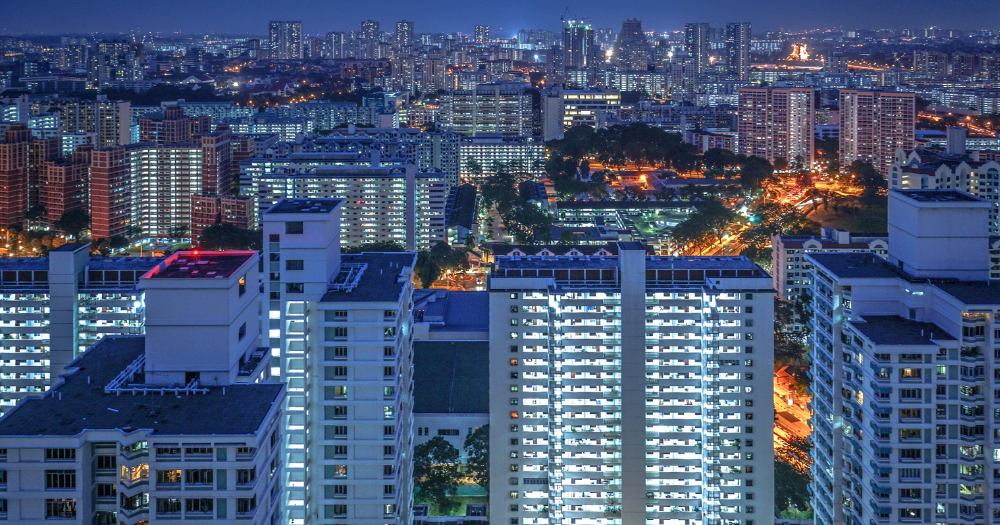Follow us on Telegram for the latest updates: https://t.me/mothershipsg
Singapore has committed to phasing out the use of unabated coal in its electricity mix by 2050, and restricting direct government finance of unabated coal power internationally.
This was announced on Nov. 4 with Singapore joining the Powering Past Coal Alliance (PPCA) at COP26.
Phasing out coal
Singapore is one of the first countries in Asia, and among 27 new member countries, to join the PPCA.
"Singapore is fully committed to accelerating the transition to a low-carbon future," said Minister for Sustainability and the Environment Grace Fu.
"We will transform our industry, economy, and society to be more energy and carbon efficient, and to adopt more low-carbon energy in support of the goals of the Paris Agreement.”
Singapore also signed the Global Coal to Clean Power transition statement, which was initiated by the UK COP26 Presidency to accelerate international momentum for global energy transition.
This marks Singapore's commitment to shift away from unabated coal power generation in the 2040s (or as soon as possible thereafter), cease issuances of new permits, and end direct government support for new unabated coal-fired power generation projects.
Transition to cleaner energy
Since independence, Singapore’s reliance on coal has been marginal.
Today, coal makes up for less than 2 per cent of our power generation capacity.
At the Singapore International Energy Week held in late-October, Minister for Trade and Industry Gan Kim Yong also elaborated on Singapore's energy transition to a less carbon intensive one.
Gan said that solar energy itself will not be sufficient, and Singapore will have to tap on offshore low-carbon energy sources.
By 2035, Singapore will import 30 per cent of electricity from low carbon sources from Malaysia and Indonesia. There is also a steady progress in establishing an "ASEAN Power grid" in the region, Gan said.
Singapore is also exploring new energy solutions such as low-carbon hydrogen.
In addition, the energy transition will have to be carefully managed to ensure energy security, affordability and environmental sustainability.
As Singapore scales up the use of cleaner energy sources, the country will still "rely significantly" on the use of natural gas for the next two decades, the Energy Market Authority's chief executive Ngiam Shih Chun told CNA in August.
Currently, about 95 per cent of electricity in Singapore is powered by natural gas.
Natural gas is the cleanest form of fossil fuel, it is also a stable and secure energy source.
Related stories
Top image by Mike Enerio on Unsplash
If you like what you read, follow us on Facebook, Instagram, Twitter and Telegram to get the latest updates.

